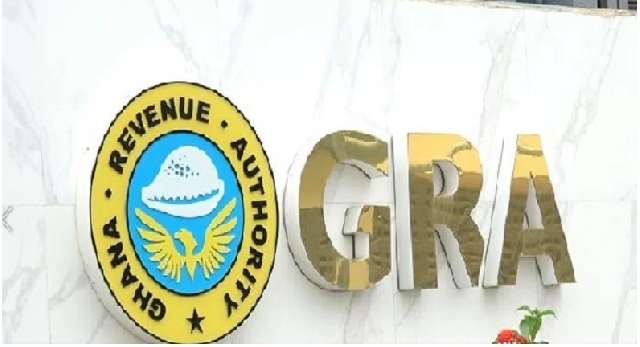The Ghana Revenue Authority (GRA) has refuted claims by the flagbearer of the New Patriotic Party, Dr Mahamudu Bawumia that businesses are being harassed for taxes.
The GRA Assistant Commissioner, Emelia Assam, rebuffed those claims, stating unequivocally that the GRA does not engage in harassing businesses for taxes.
“There is no harassment with tax collection. GRA staff don’t go out to harass, no tax officer authorized to go out is expected to harass any client. In the sense that we have some compliance issues that we deal with every day. Every taxpayer must register; if you fail to register, we can send you a notification to appear.”
Emelia Assam, GRA Assistant Commissioner
Building a culture of tax compliance is crucial for long-term revenue sustainability. Raising awareness among citizens about the importance of paying taxes and the benefits derived from public services can foster a sense of civic duty.
The Assistant Commissioner stated, “We can lock up your place if you fail to respond to these notifications. We have duties to issue invoices for people who are registered to pay VAT”
Educational campaigns, targeted communication, and public outreach programs can help change societal attitudes toward taxation and encourage voluntary compliance.
Ghana, like many developing countries, faces the pressing need to improve its tax base. A robust tax system is crucial for the government to generate adequate revenue to fund essential public services, infrastructure development, and social programs.
By expanding the tax base, Ghana can reduce its reliance on foreign aid, foster economic growth, and ensure a more equitable distribution of wealth.
The Flagbearer of the New Patriotic Party and the Vice President, Dr. Mahamudu Bawumia, early on accused the Ghana Revenue Authority (GRA) of harassing businesses with the excuse of tax collection, indicating that the GRA’s action is because the country’s tax base is ‘narrow’.
Enhancing Ghana’s Tax Base
Ghana’s current tax base is narrow as described by the Vice President due to a significant informal economy, widespread tax evasion, and a high level of tax exemptions.
Strengthening tax administration, implementing effective legislative mechanisms, and conducting regular audits can help reduce tax evasion and increase compliance.
Dr. Mahamudu Bawumia believed that officials at GRA are pressuring businesses because the authority is setting unrealistic targets for its officers.
“For them, it is very easy, you go back to where you had it the last time. You go to taxpayers, the people who are already paying taxes, and then you have to come up with a new reason why they should pay more and so you come up with all sorts of stuff.”
Dr. Mahamudu Bawumia, Vice President
The Vice President made this assertion when the Ghana Union of Traders Association (GUTA) condemned what it claimed was “harassment of its members” by officials of the Ghana Revenue Authority (GRA).
The President of the Association, Dr. Joseph Obeng, claimed that the GRA has established a task force to intercept goods and cargo after they are cleared, and this has become unbearable.
According to the GUTA President, this was unprofessional and a bad image for the customs systems deployed at the country’s ports. He said cargoes bound for the Ashanti region are mostly affected by this activity.
Enhancing the capacity and efficiency of tax administration is crucial for improving revenue generation. Investing in technology and automation can streamline tax processes, reduce administrative costs, and minimize opportunities for corruption.
Additionally, providing adequate training and resources to tax officials can enhance their ability to enforce tax laws effectively.
Improving Ghana’s tax base is a critical step towards achieving sustainable development and reducing dependence on external aid. By addressing revenue mobilization challenges, expanding the formal economy, implementing progressive tax reforms, and strengthening tax administration,
Ghana can enhance its revenue generation capacity and pave the way for inclusive growth. This requires a collective effort from the government, citizens, and international partners to create a culture of tax compliance and ensure that the tax burden is distributed fairly.
Ultimately, a stronger tax base will enable Ghana to finance essential public services, invest in infrastructure, and promote socio-economic progress for its citizens.
READ ALSO: Private Sector in the Economic Development of Ghana



















